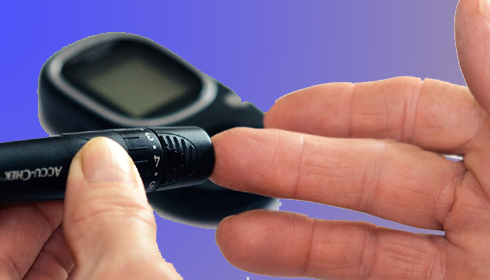
Experts Call for Regulation of Glucose Monitors for Non-Diabetics
In a major development, experts at University College London (UCL) and Birmingham Children's Hospital recently conducted an assessment that emphasised the need for stricter regulation of continuous glucose monitor (CGM) use by people without diabetes (PNLD).
The journal Diabetic Medicine published the study, which found no evidence to support the usefulness of CGMs in detecting blood sugar levels in patients without diabetes. Researchers have also expressed concern about the potential detrimental health impacts of these gadgets on this population and are pushing for tougher controls.
CGMs have transformed the management of type 1 diabetes and are beneficial to people with type 2 diabetes who are on insulin therapy. These gadgets attach to the body and offer real-time blood sugar measurements, assisting in the maintenance of normal glucose levels. CGMs allow diabetics to avoid numerous finger-prick tests and provide continuous glucose monitoring.
Non-diabetics have recently purchased CGMs for health and wellness purposes. Some businesses market them as instruments for managing nutrition and lifestyle by detecting glucose increases.
Dr. Adrian Brown, a senior author and nutritionist at UCL, said, "Several health firms employ CGMs in programmes to provide personalised dietary guidance. However, normal blood sugar levels can fluctuate greatly, and CGM accuracy varies by model. We wanted to explore what evidence was available on CGM use in patients without diabetes."
The analysis looked at papers on CGM use in non-diabetics published between 1980 and 2023. The team discovered 25 relevant studies but concluded that there is insufficient consistent, high-quality evidence supporting the usefulness of CGMs in this group. The researchers found little evidence that CGMs effectively detect blood sugar levels or provide significant health benefits to non-diabetics.
Furthermore, the analysis discovered that using CGMs may generate concern about normal blood sugar levels, perhaps leading to poor eating behaviours. The authors noted that there is no special regulation for CGM use in diabetics or non-diabetics, raising questions regarding the accuracy and guidance provided by commercial health programmes.
Co-author John Pemberton of Birmingham Children's Hospital emphasised, "CGMs are extremely beneficial to diabetics, but regulations are uncertain. We don't know if these devices are accurate enough for non-diabetics. This might lead to unneeded stress and behavioural concerns.
The researchers call for improved regulation and additional studies to better understand the effects of CGM use in non-diabetics, ensuring that the benefits balance the hazards.